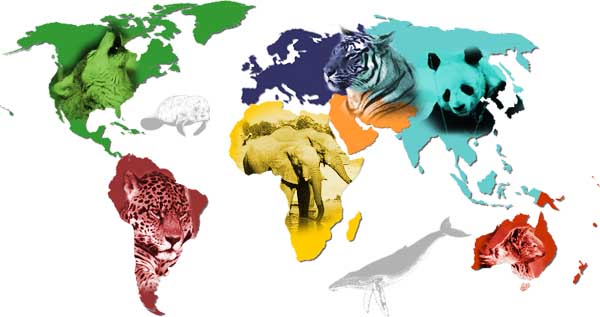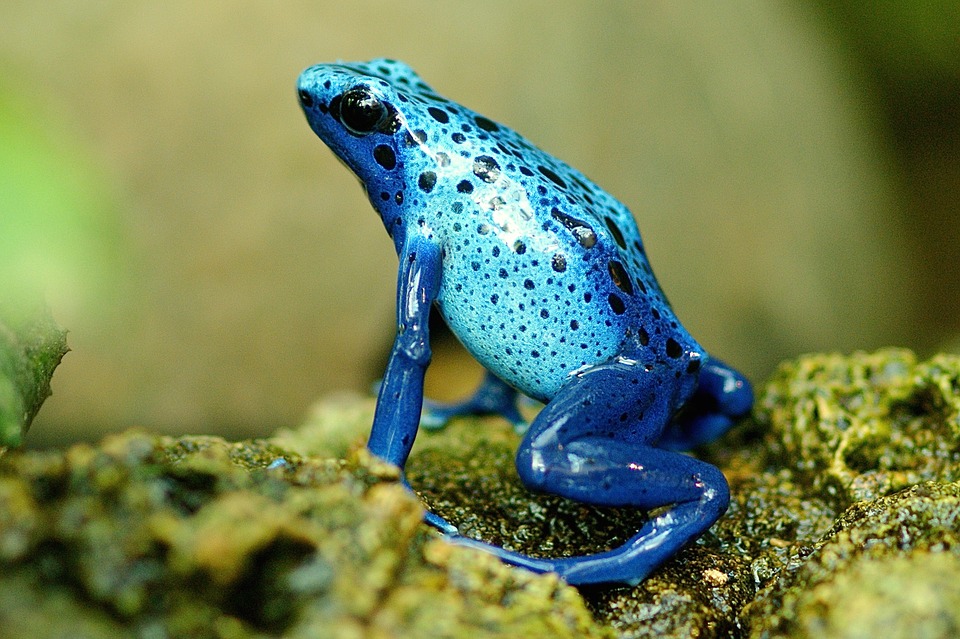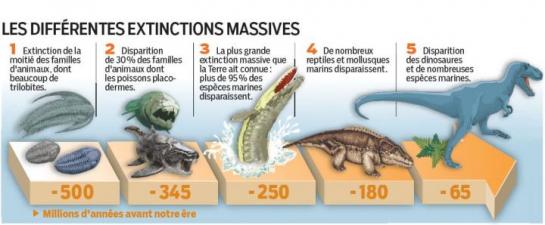Are we living the sixth mass extinction ?
Every 20 minutes, an animal or plant species disappears, ie more than 26,000 species each year. This number is particularly impressive and alarming, so it is perfectly legitimate to ask this question : are we experiencing the sixth mass extinction ? Especially since the extinction rate is 100 times higher than the rates of the previous phases…

Throughout its history, Humanity has had to face the upheavals of its ecosystem. It has thus experienced different periods, called “extinction phases”, corresponding to a massive disappearance of species (terrestrial, marine and vegetable). Several causes and factors have been put forward : asteroid impact, ocean decline, volcanic eruptions… There are thus five major phases of extinction:
-
1st mass extinction : -444 million years: 85% of marine life is extinct
-
2nd mass extinction : -365 million years: about 70% of biodiversity disappears
-
3rd mass extinction : -252.6 million years: more than 90% of species have disappeared
-
4th mass extinction : -200 million years: 20% of species are annihilated
-
5th mass extinction : -65 million years: the end of the dinosaurs
Are we living the sixth mass extinction ?
Over the past 500 years, man has been responsible for the extinction of 834 species of wild flora and fauna. Each year, more than 26,000 species disappear from the surface of the planet. When comparing these few figures with those of the previous extinction phases detailed above, it appears as a feeling of déjà vu… Besides the 41% of amphibians, 26% of mammals and 13% of birds Which are “only” threatened with extinction today. So there are many researchers who have no doubt that we have already returned to the sixth mass extinction.
But this is very different from the preceding five: whereas they have all been caused by natural phenomena, the one which we know today results from human activity. Moreover, its time is much shorter… If urbanization continues to cut natural habitats, if agricultural pesticides are not banned, if over-exploitation (fishing, extraction, poaching, etc.) is not Taken seriously and if pollution and temperatures continue to rise a little more each day, we could lose 40% of the planet’s biodiversity by 2050 !

Can it be avoided?
For years, the OMPE has seen the situation degenerate and is fighting the massive decline in biodiversity. At this rate, the first problems could happen much sooner than we think. And bees are certainly the best example… Involved in pollination, they die or breed more difficult today. If their disappearance were to materialize, the consequences would be dramatic! “And one day the bees will die. And the honey, that old companion of Abel, will disappear. It will be the announcement of the end of the human history of men,” Cain and Abel of Martin Gray.
Will we then be the victims of a mass extinction that we ourselves have caused ? If the current situation seems to be moving in this direction, the OMPE does not wish to confess… As part of our “STOP ENOUGH” campaign, we defend the creation of Natural Reserves to Reinforced Security (RNSR) and call on host countries hosting RNSRs ! It is high time that we protected these species of America, Africa, Russia, Asia, Europe and even France that the financiers and politicians have long since dropped !
Join us and help us make your voice heard by participating in the STOP ENOUGH campaign !




